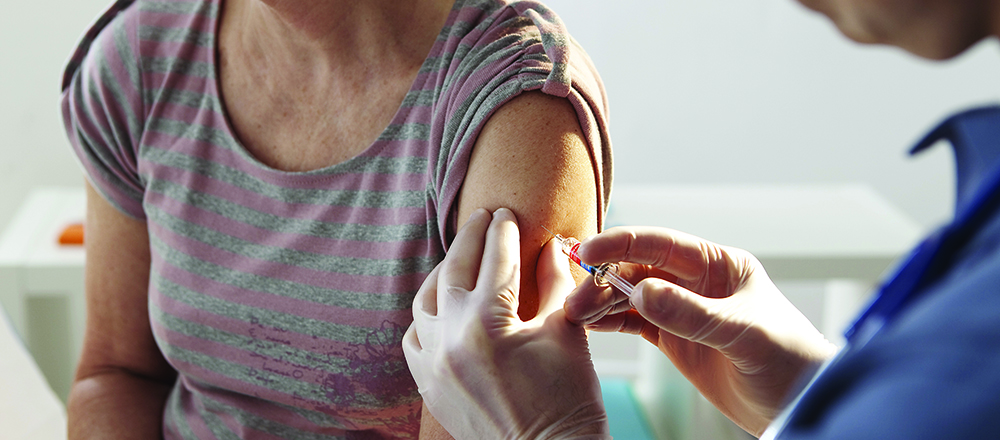Endometriosis: Heed Your Symptoms for Early Diagnosis
December 17, 2021Categories: Live Healthy, Prevention

Endometriosis affects one in 10 women of childbearing age. Almost 40% of women with infertility have endometriosis. Unfortunately, many women suffer painful symptoms without answers or treatment for several years. Symptoms often are not diagnosed early and usually not until a woman is in her 30s or 40s.
What Is Endometriosis?
Endometriosis occurs when the tissue that lines the uterus grows where it shouldn't. This causes pain, irregular bleeding and possible infertility. This growth occurs:
- In the pelvic area and on its delicate lining
- On the bladder, bowel, ovaries and rectum
- Outside the uterus
Symptoms
Symptoms can be nonspecific. They also can mirror gastrointestinal and other gynecologic diseases.
Pain with menstruation, sex and stools are three classic symptoms, but there can be others, including:
- Chronic fatigue
- Bladder or stool frequency or diarrhea
- Low back pain
- Irregular vaginal bleeding
Delayed Diagnosis
Researchers looked the time from first symptoms to diagnosis in women who had one or more pre-diagnostic endometriosis symptom. The 12-year study included 12,000 patients aged 18-49. They found:
- 37.7% had delays of 12 or fewer months
- 27% had delays of one to three years
- 35.3% had delays of three to five years
Early Diagnosis
There is no lab test, specific ultrasound or exam finding we can use to make the diagnosis. There is only way we can say for certain that a woman’s symptoms are due to endometriosis. That is by surgical biopsy, and surgery comes with many risks.
There also is no diet or exercise recommendation for prevention or treatment of endometriosis.
Treatment
For women who don’t want to get pregnant, clinical findings can be enough to start low-risk treatment. This includes birth control pills, which are inexpensive and well tolerated. A gynecologist or reproductive specialist can help women who continue to have pain or would like to get pregnant.
Endometriosis is often a lifelong disease that requires long-term management. Our goal is to help women manage endometriosis safely and effectively.
If you have symptoms, call your primary care physician or the OB-GYN professionals at North Kansas City Hospital for a referral.
Explore More
Cancer Patients Look to the Future With New Fertility Preservation Options
Gynecologist Guides Women Through Menopause Treatment
Menopause: Let’s Chat (VIDEO)
Your Guide To Finding the Perfect OB-GYN



